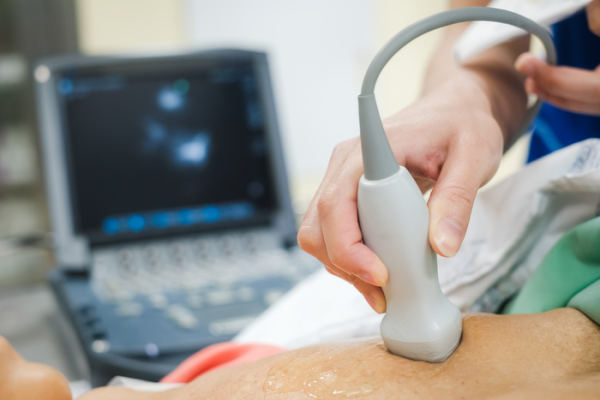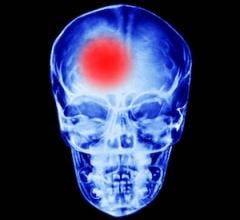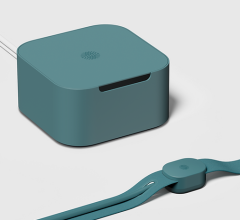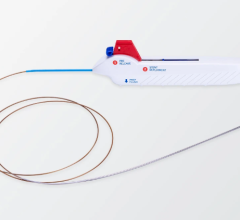
An ultrasound is taken of a patient's heart. Photo: Shutterstock/Pitchyfoto
February 21, 2022 – Acute coronary syndromes (such as heart attacks) and strokes are a leading cause of morbidity and mortality in the U.S. and Europe. About 80 percent of those events occur because a build-up of plaque in the arteries—or atherosclerotic plaque (AP)—ruptures.
Research led by Kang Kim, PhD, associate professor at the University of Pittsburgh, recently received $2,996,514 over four years from the National Institutes of Health for work that will use super-resolution ultrasound (SRU) imaging to noninvasively detect APs that have a high chance of rupturing so that doctors can intervene.
“Over the past decade, researchers have been pushing for a way to identify rupture-prone APs,” said Kim, who holds appointments in both the Swanson School of Engineering’s Department of Bioengineering and the School of Medicine’s Department of Medicine. “One thing that plays a critical role in AP rupture is when a new, dense network of blood vessels begin growing into the AP from the vasa vasorum (VV), or the smaller vessels that supply larger arteries and veins. However, we don’t yet have the noninvasive tools to assess abnormal microvascular expansion in vivo, or inside the living body. That’s the problem this project is meant to solve.”
The technology developed through this project seeks to shift the current imaging approach in identifying microvessels of AP from “intravascular,” or an ultrasound that uses a catheter to view the inside of the artery, to a “fully noninvasive transcutaneous” imaging approach, which instead can noninvasively see microvasculature.
If successful, the technology could be incorporated into current ultrasound scanners already in use to identify plaques at high risk of rupturing, allowing doctors to prescribe life-saving interventions and treatments to prevent a stroke.
“In addition to further evaluating our super resolution ultrasound imaging technology, I’m excited about determining if characteristics of the VV can be a predictive biomarker of AP rupture,” said Kim.
Kim’s team includes:
- Flordaliza Villanueva, MD, Associate Chief of Cardiology Translational Research and professor of medicine and bioengineering;
- Edith Tzeng, MD, Chief of VA Vascular Surgery and professor of surgery and bioengineering; and
- Julie Phillippi, PhD, UPMC Pellegrini Chair in Cardiothoracic Surgery and associate professor of cardiothoracic surgery and bioengineering
For this research, the Pitt team is also partnering with Dr. Alkystis Phinikaridou from King’s College in London, and Dr. Renu Virmani, President and Medical Director at CVPath Institute.
The four-year project is titled “Super Resolution Ultrasound Imaging of Vasa Vasorum to Characterize the Progression of Atherosclerotic Plaques and Predict Rupture Vulnerability” and began Feb. 1, 2022. The work was funded through the competitive funding opportunity titled NIH Research Project Grant (Parent R01).
For more information: https://www.pitt.edu/


 February 02, 2026
February 02, 2026 









